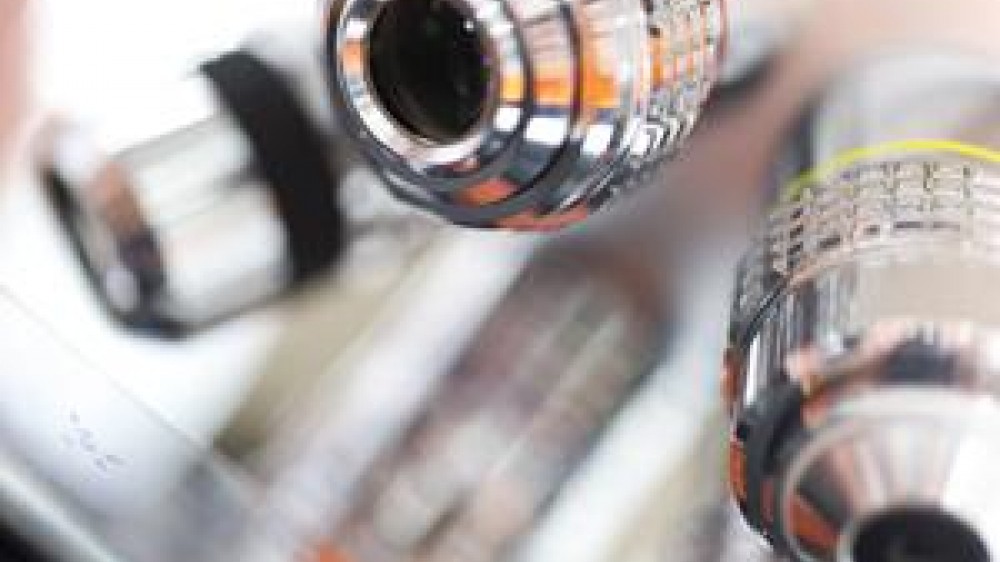New NC3Rs-funded research projects push total investment over £40 million

We are pleased to announce £2.2 million of awards in our 2014 project and pilot study grant competition.
The new awards take the total invested by the NC3Rs in 3Rs research to over £40 million in the last ten years.
This year’s awards include funding for five pilot studies and six project grants and cover the development of new 3Rs approaches in a wide range of areas, from new imaging approaches to reduce and refine the use of animals in diabetes and arthritis research, through to using Drosophila to replace the use of mice as models of radiation resistance and tolerance to improve the efficacy of cancer radiotherapy.
The awards also include new innovations that combine the latest stem cell and microfluidic technologies to provide an in vitro model of peripheral pain signalling, which could replace some animal studies, and a novel biomarker-based platform using nematodes and social amoebae as a screen for chemicals that cause developmental and reproductive toxicity, thus avoiding the use of rabbits and rodents which are typically used for this purpose.
Improving animal welfare also remains high on the agenda, with awards to investigate refinements in footpad immunisation and infection procedures in rodents, and to determine whether refinements in surgical technique can reduce the variability in lesion volume in experimental models of stroke, therefore reducing the number of mice required for statistical significance.
Dr Vicky Robinson, Chief Executive of the NC3Rs, said: "I am delighted that we have reached such a milestone in our investment in high quality 3Rs research. We continue to attract proposals from leading research groups and institutions which combine the latest scientific and technological innovations with a desire to replace, reduce and refine the use of animals.”
Information on Pilot Grants awarded
- EFucci an atlas proliferation to reduce mouse usage in embryonic proliferation assays, Dr Richard Lester Mort, University of Edinburgh, £74,680
- Development of human ex vivo bone-tumour niche for the study of cancer bone disease, Dr James Robin Edwards, University of Oxford, £74,986
- Refining the mouse model of footpad immunisation and infection, Dr Owain Richard Millington, University of Strathclyde, £72,891
- Determining the source of variability within experimental stroke models, Dr Claire Gibson, University of Leicester, £74,985
- The Drosophila adult in testing as a model for radiation tolerance and resistance, Dr Joaquin de Navascues, Cardiff University, £72,985
Information on Project Grants awarded
- Mechanisms of intestinal epithelial responses to inflammatory modulators, Professor Inke Nathke, University of Dundee, £266,046
- Novel biomarker platform for a 3Rs approach to assessment of developmental and reproductive toxicity, Dr Catherine Pears, University of Oxford, £316,639
- Development of novel imaging agents for the prospective quantification of joint damage to reduce animal numbers in osteoarthritis research, Dr Tonia Vincent, University of Oxford, £342,032
- Real-time monitoring techniques and simplistic platelet assays to reduce and refine animal use in cardiovascular and respiratory biomedical research, Dr Michael Emerson, Imperial College London, £236,268
- Development of in vitro models of “pain”, Dr Ramin Raouf, Kings College London, £319,793
- Reduction of use of experimental mice in Type 1 diabetes research through non-invasive, in vivo longitudinal imaging, Dr Maja Wallberg, University of Cambridge, £369,334
